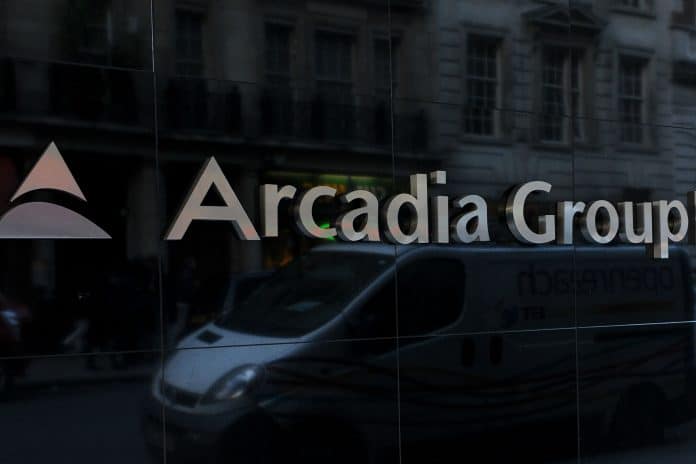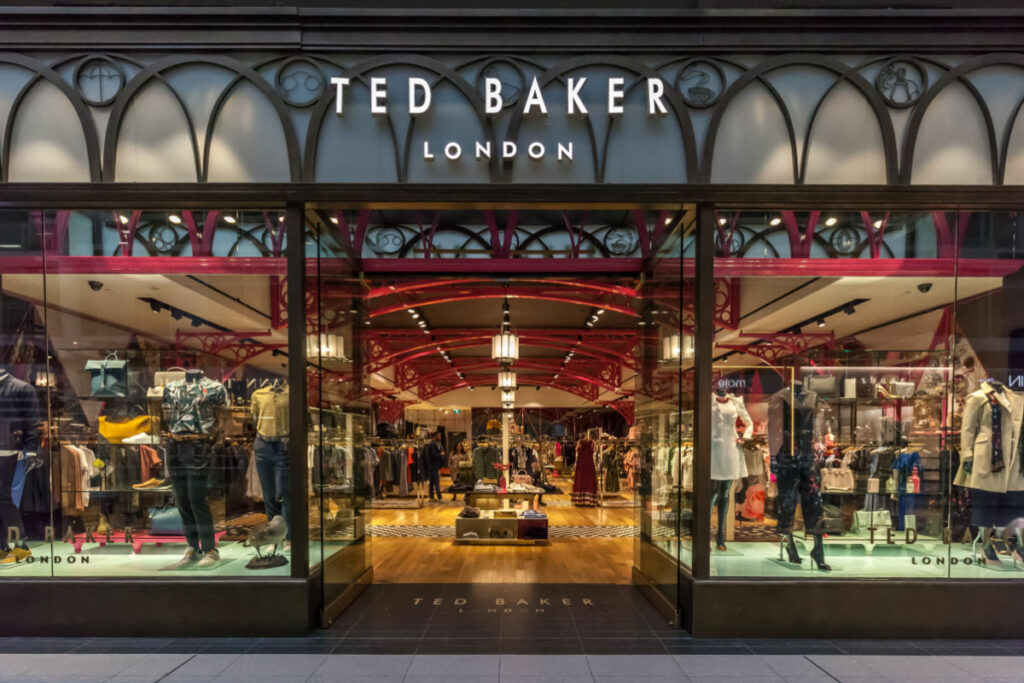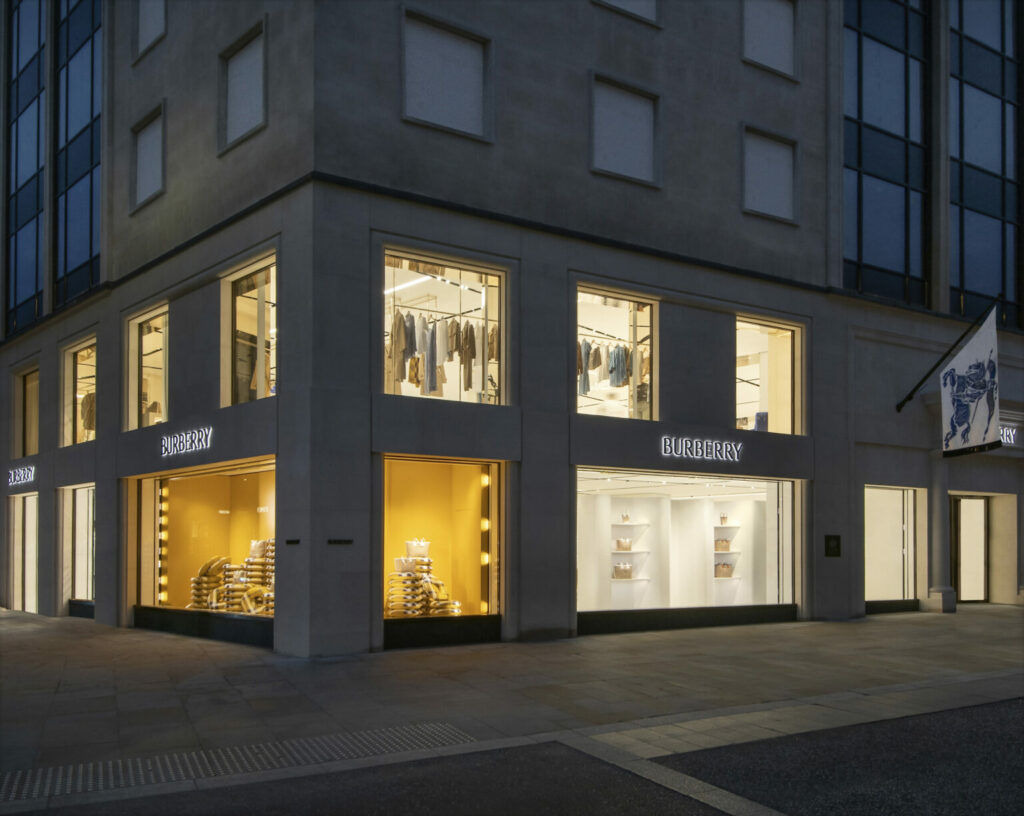The retail industry was startled earlier this year when Sir Philip Green’s Arcadia Group was valued as “worthless” by the Sunday Times Rich List.
It was mostly due to a multi-million pound pension debt afflicting the retail empire, and it prompted Green’s personal fortune to plummet by more than £1 billion in just 12 months.
In the past year, several retailers have used CVAs as a way to survive without resorting to mass redundancies and store closures in the form of administrations. They’ve come about as a result of declining profits due to low consumer confidence and increased costs associated with rising wages and rents, as well as business rates bills.
Arcadia – which owns Topshop, Topman, Burton, Dorothy Perkins, Miss Selfridge, Wallis and Evans – revealed plans in June this year it would take out not just one, but seven CVAs. These were eventually approved by 75 per cent of creditors in June.
READ MORE:
- Can Arcadia be revitalised?
- Sir Philip Green’s Topshop & Topman losses swing to £505m
- Sir Philip Green prepares to break up Arcadia
The CVAs entail around 48 store closures in the UK and Ireland and rent reductions on 194 other stores, 11 Topshop store closures in the US, and more than 500 job cuts to help bring Arcadia back to profitability.
But it didn’t end there.
Accounts for the financial year ending September 1, 2018 – filed at Companies House earlier this month – laid bare the financial turmoil that has been plaguing Arcadia.
The retail empire swung to an operating loss of £137.5 million for the period, a stark contrast to the £119.3 million operating profit recorded in 2017. It also booked a full-year pre-tax loss of £93.4 million, compared to a pre-tax profit of £164.5 million the year prior.
Meanwhile, EBITDA plunged 40 per cent year-on-year, dropping from £137 million in 2017 to £76 million in the latest full-year results.

The retail giant also saw turnover drop by 4.5 per cent year-on-year to £1.8 billion, which it attributed to “the ongoing challenge global market conditions for retailers”.
Arcadia said it had been impacted by reduced profitability from its bricks-and-mortar stores, and that it was not possible to reduce store costs when in-store sales were declining simultaneously.
In separate accounts filed at Companies House for the same full-year period, Topshop reported pre-tax losses of £505.1 million.
This came against losses of £3.9 million the previous year and followed a nine per cent drop in sales to £847 million.
Arcadia said Topshop’s results were hit by £488.8 million in charges, including for onerous shop leases on loss-making stores and write downs on the value of assets.
Given the size and might of Arcadia, it’s no surprise that its CVAs and financial performance sent shock waves throughout the retail industry.
Rick Smith, managing director of financial advisory firm Forbes Burton, said retailers are now realising that it was better to improve their business structure now “before the rot sets in too far”.
Hargreaves Lansdown equity analyst Sophie Lund-Yates said Arcadia’s struggle comes at a time when major retailers such as Mothercare, New Look, Monsoon Accessorize and Debenhams have launched CVAs as well.
“The list of struggling retailers is growing,” she told Retail Gazette.
“Arcadia’s troubles come at a time when the UK high street has seen a number of big names struggle.
“And the problems facing the group are similar to those of its peers.”
“High street empires must reject complacency, stay agile and respect the threat of their online counterparts”
Michael Rolph, chief executive of loyalty programme Yoyo, said the retailers surviving “are those who have prioritised technology and innovated their customer experience”.
“Sadly, Arcadia’s CVA tells the story of an industry under attack from both regulators and ecommerce giants,” he said.
“Stagnating incomes, punitive business rates and an accelerating shift to online is leaving many high street players wrong-footed.”
Aside from just store closures, Arcadia’s CVAs also featured a turnaround plan to drive growth through digital and wholesale channels, which Rolph said was “too little too late”.
“If empires are serious about avoiding CVAs, they need to be thinking about digital transformation starting yesterday,” he told Retail Gazette.
“Just look at the comparative fate of John Lewis, which is continuing to deliver on a commitment to invest £500 million in technology.
“High street empires must reject complacency, stay agile and respect the threat of their online counterparts.”
Mark Davies, partner at law firm Aaron & Partners, highlighted various factors playing a part in Arcadia’s downfall.
“Things need to change, or it won’t just be high street retailers failing, we’ll see the likes of Intu and Hammerson restructuring as well”
“Whilst Arcadia has dominated the high street for decades, an inter-play of factors have affected it as well as a growing number of high street retailers,” he said.
“The factors include rising business rates, increased competition and the shift to online retailing.
“The rent bill, in Arcadia’s case for over 566 shops, is always a source of concern at a time when there is less income.”
However, Mark Halstead, partner at business intelligence firm Red Flag Alert, said it was not just retailers that could be affected – it was also landlords.
“Retailers need to press landlords to be realistic about rents and to renegotiate these,” he told Retail Gazette.
“The rents being charged simply don’t fit with the changing retail landscape and if landlords don’t wake up and realise this, it won’t be long before they have no one to rent to.
“Things need to change, or it won’t just be high street retailers failing, we’ll see the likes of Intu and Hammerson restructuring as well.”
Smith blamed the Arcadia crisis on changing consumer behaviours.
“Even larger businesses are at risk of getting things wrong and being affected by how things are changing on the high street, including parent companies,” he told Retail Gazette.
He added that Arcadia’s demise was likely down to a “case of poor management and ineffective strategy”.
“Perhaps the biggest flaw with Philip Green’s strategy was not driving through the reforms of the group and its companies quick enough,” he explained.
Lund-Yates said: “What’s interesting about Topshop’s problems, is the brand was known as being one of the most popular and trend-setting of the bunch.
“To see it face such a knock to its foundations shows that even the strongest, most celebrated brands aren’t immune from the shift in customer behaviour.”
Smith noted that recent press coverage around Green – notably his handling of the BHS pension crisis and the allegations of sexual harassment and bullying – may have “distracted him from making sure that everything was working as it should”.

Joanne Rumley, head of restructuring and insolvency at law firm Foot Anstey, said Green’s “very public” career made his business turnaround plan “more challenging”.
“[He] has had a very public career photographed with celebrities in the boom times,” she explained.
“That’s easy when it’s going well but it also attracts increased scrutiny when there are challenges which – from his perspective, I suspect – has made achieving any turnaround of the business more challenging.”
Another person to criticise Green’s business strategy is Alan Meek, head of corporate insolvency and restructuring at law firm Morton Fraser.
He pointed out the tycoon’s shaky control of BHS in 2015, when he sold the retailer to Retail Acquisitions boss Dominic Chappell for £1 after having it part of Arcadia for 15 years.
“The manner in which control of a fatally distressed BHS was passed to an inexperienced and underfunded new management team prior to its insolvency subsequently drew an almost unprecedented level of personal criticism of Green and his wife and put them, and indeed their personal and public behaviours, firmly in the public eye,” Meek said.
“Faced with more distressed businesses to deal with, it is not surprising that Arcadia therefore chose to go down a route of CVAs that, while not free from controversy, at least had the merit of being reasonably transparent, public and also the kind of thing other retailers have proposed to save troubled retail chains.
“One does wonder whether Arcadia would have proceeded down the CVA route if the offloading of BHS had turned out less unhappily for the Greens.”
Julie Palmer, partner at corporate restructuring firm Begbies Traynor, said Arcadia’s story “isn’t over yet”.
“A CVA doesn’t mean the issue is solved,” she said.
“It means the company has an opportunity to restructure and turn its fortunes around. Innovation and modernisation is needed, and fast.”
Click here to sign up to Retail Gazette‘s free daily email newsletter

















